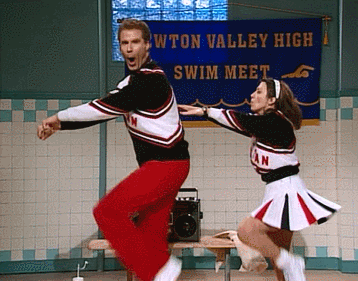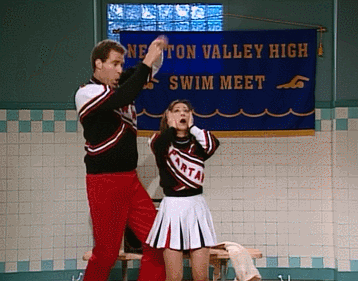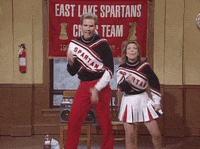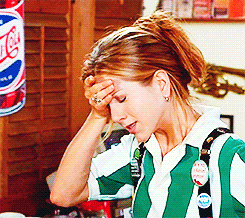I posted this on the Insider Board should be interesting to see the difference in responses:
Taking from a recap by the NY Times:
A decision coming out this month:
Brandi Levy, a 14-year-old in central Pennsylvania, failed to make the varsity cheerleading team at her public high school. She responded with an angry, vulgar message on Snapchat. The school responded by suspending her from the junior varsity team for a year. The case, Mahanoy Area School District v. B.L., raises the issue of how much schools can regulate online behavior.
During oral arguments, the justices seemed skeptical of the punishment's severity (this could get tossed down to the lower court because they believe cheerleader Brandi didn't really suffer damages - take that for those of you with cheerleader daughters). But if not, the issue is if SCOTUS will use this case to issue a sweeping ruling about student speech and social media, if they find for the school district. They could also issue a narrow ruling, but if they say a school can effectively control student speech on social media, where does that leave NIL? If the court so holds, what does that do with state laws re NIL, what the NCAA is drafting, etc.? You lawyers? Seems like an area ripe for federal legislation. Or should the school have no say in what goes on line?
Taking from a recap by the NY Times:
A decision coming out this month:
Brandi Levy, a 14-year-old in central Pennsylvania, failed to make the varsity cheerleading team at her public high school. She responded with an angry, vulgar message on Snapchat. The school responded by suspending her from the junior varsity team for a year. The case, Mahanoy Area School District v. B.L., raises the issue of how much schools can regulate online behavior.
During oral arguments, the justices seemed skeptical of the punishment's severity (this could get tossed down to the lower court because they believe cheerleader Brandi didn't really suffer damages - take that for those of you with cheerleader daughters). But if not, the issue is if SCOTUS will use this case to issue a sweeping ruling about student speech and social media, if they find for the school district. They could also issue a narrow ruling, but if they say a school can effectively control student speech on social media, where does that leave NIL? If the court so holds, what does that do with state laws re NIL, what the NCAA is drafting, etc.? You lawyers? Seems like an area ripe for federal legislation. Or should the school have no say in what goes on line?




